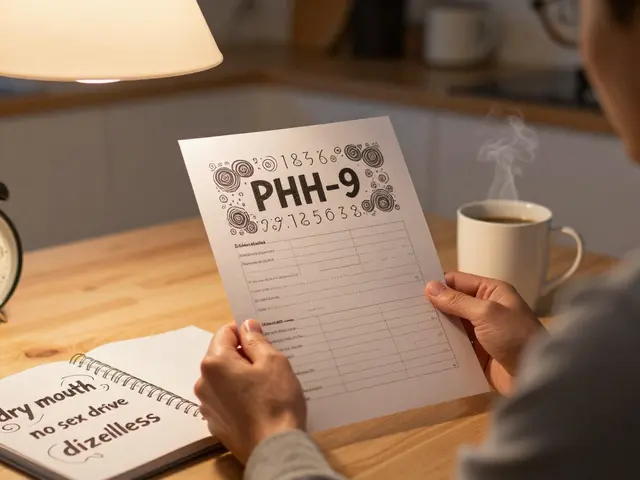
Insomnia – Quick Ways to Get the Sleep You Need
If you toss and turn most nights, you’re not alone. Insomnia can turn a regular day into a foggy mess, but a few easy changes can make a big difference. Below you’ll find the most common reasons why sleep slips away and practical steps you can try tonight.
Common Causes of Insomnia
Stress is a top culprit. When work, bills, or worries crowd your mind, the brain stays on high alert and refuses to shut down. Caffeine, especially after lunch, also keeps the nervous system buzzing. Even the light from phones or tablets can trick the body into thinking it’s still daytime.
Health conditions matter, too. Thyroid issues, chronic pain, or restless leg syndrome often interrupt sleep cycles. Finally, inconsistent bedtime habits—like sleeping in on weekends—confuse the body’s internal clock, making it harder to fall asleep on regular nights.
Fast-Acting Strategies to Improve Sleep
Start with a “wind‑down” window. Turn off screens at least 30 minutes before bed, and replace them with a book, soft music, or gentle stretching. Dim the lights during this time; dim lighting tells your brain it’s time to release melatonin, the sleep hormone.
Watch your caffeine intake. If you need a pick‑me‑up, try a short walk or a glass of water instead of coffee after 2 p.m. Likewise, limit alcohol. It may make you drowsy at first, but it often causes waking up later in the night.
Set a consistent schedule. Go to bed and wake up at the same hour every day, even on weekends. Your body will learn the pattern and start feeling sleepy at the right time.
Try a simple breathing exercise. Breathe in for four seconds, hold for seven, then exhale slowly for eight. This 4‑7‑8 rhythm reduces heart rate and can calm racing thoughts within minutes.
If you’re still awake after 20 minutes, get out of bed. Sit in a dim room and read something non‑stimulating until you feel sleepy. Staying in bed while wide awake can make your brain associate the mattress with frustration, not rest.
Natural remedies can help, too. A cup of warm milk, a small serving of almonds, or a teaspoon of honey can raise tryptophan levels, which support melatonin production. Herbal teas with chamomile or valerian root are also popular for calming nerves.When the problem persists—especially if you’re waking up frequently or feeling exhausted during the day—consider talking to a pharmacist or GP. They can check for medication side effects, suggest over‑the‑counter sleep aids, or refer you for a sleep study if needed.
Remember, fixing insomnia isn’t about a single miracle trick. It’s a mix of better habits, a calm environment, and occasional support from health professionals. Try these steps tonight and give your body a chance to reset. Soon enough, you’ll notice the fog lifting and the days feeling brighter.
-
12 Sep






